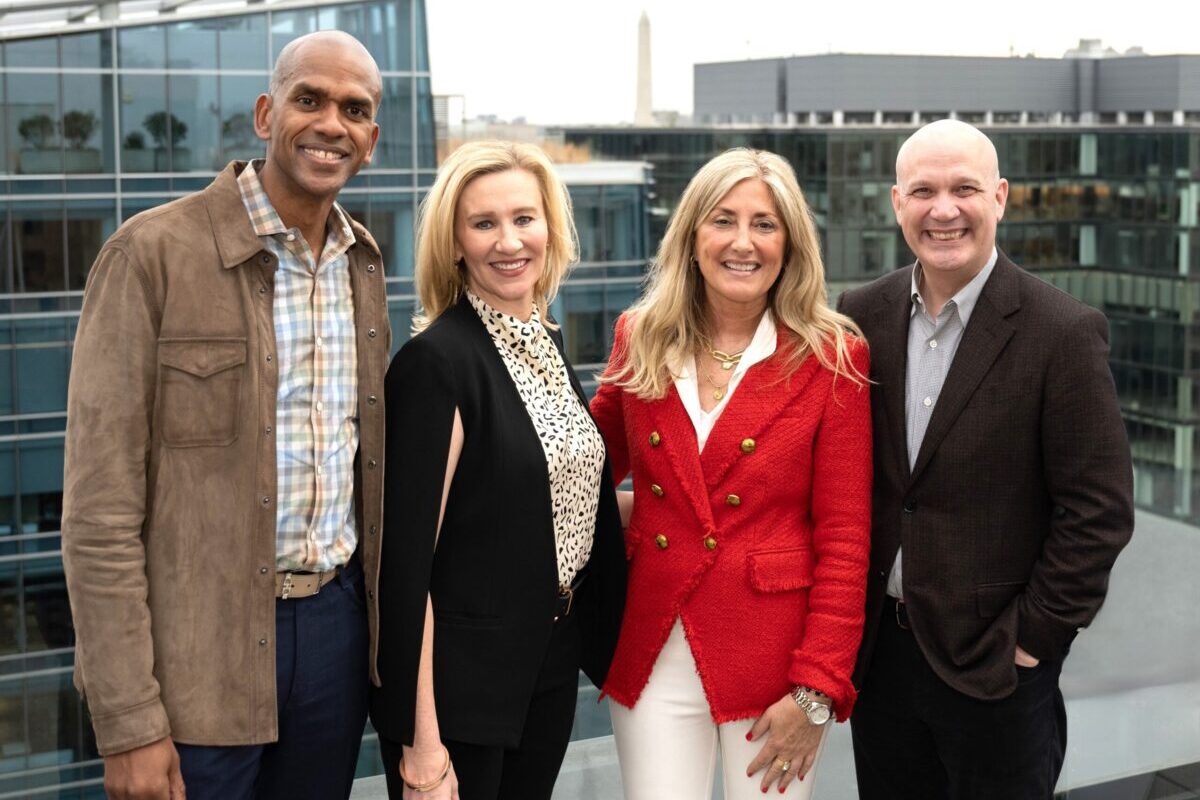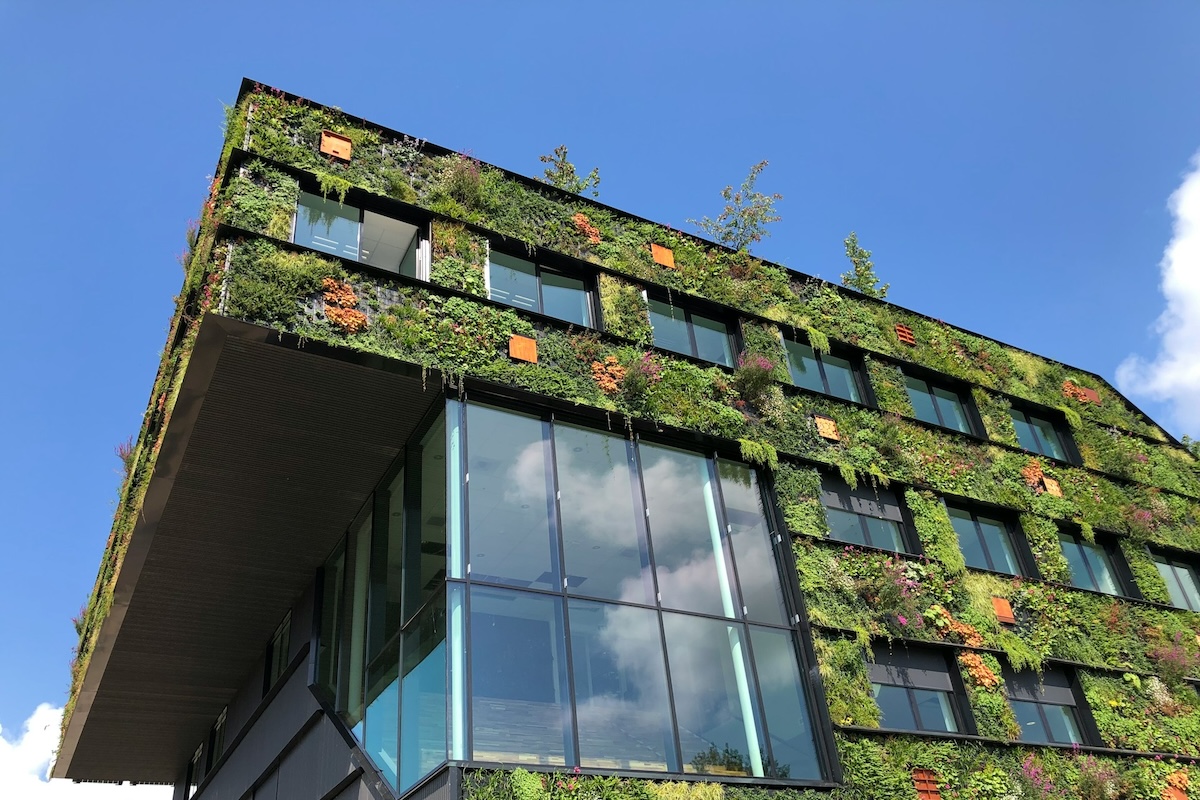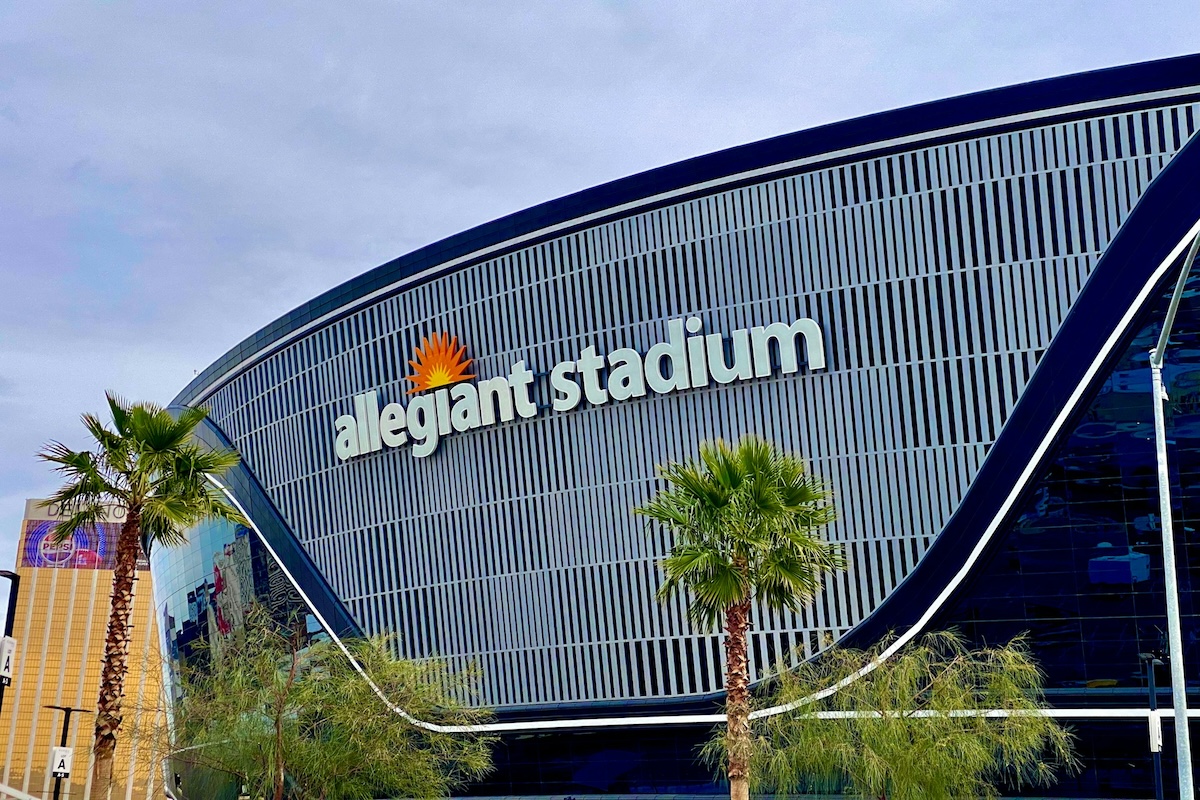Skift Take
A climate tech conference in Tel Aviv introduced the events industry to a versatile new bioplastic that’s climate-positive, fully recyclable, and cost-effective.
Event planners have a new way to be environmentally responsible: by replacing traditional displays, furnishings, and booth components with those made from UBQ, a bio-based thermoplastic made from an interesting resource — unsorted household waste sourced from landfills —”everything from banana peels and chicken bones to greasy cardboard pizza boxes and food wrappers,” said Tato “Jack” Bigio, co-CEO and co-founder of UBQ Materials.
PLANETech World 2022, a climate tech event held last month in Tel Aviv, was the first global conference to incorporate UBQ into temporary structures — booths, platforms, and tables — as well as displays manufactured by Palram, which uses UBQ as raw material, and which, like UBQ, is based in Israel.
“Manufacturers around the world recognize that sustainability is now the rule rather than the exception, so being first to market with a circular solution is imperative,” said Shai Michael, CEO at Palram. “PLANETech World was the inaugural use case, but we see incredible potential for PVC sheets made with UBQ in point of sale, signage, and other promotional items that are generally single use.”
By circular, Michael is referring to the ability to recycle anything made from UBQ. Palram, in fact, collected the panels it sold to PLANETech to recycle them into panels for use by other clients. “This product is the first of its kind, empowering PLANETechWorld to close the loop on its waste-to-production cycle several times over,” he said.
The Right Audience at the Right Time
A conference about climate tech was the perfect venue to showcase the versatility and eco-friendliness of UBQ. “The material is already used in thousands of applications across multiple industries, including retail, furniture, construction, and automotive, but it’s the first time that a trade event was able to reduce the carbon footprint of its own construction by using a climate-positive raw material in place of conventional plastic,” Jack Bigio explained.
Climate-positive activity goes beyond achieving net-zero carbon emissions by removing or preventing carbon dioxide emissions. For example, the company claims that Palram building panels prevent up to 12 tons of carbon dioxide equivalent for every ton of UBQ. It also reduces methane produced by the decomposition of organic material in landfills and does not require fossil fuels for manufacture.
At PLANETtech World, a large display and a video were set up at the entrance to introduce attendees to the benefits of UBQ. Uriel Klar, director of PLANETech World, pointed out that while in-person events allow climate tech innovators to share and collaborate, the climate impact of in-person conferences conflicts with the changes they are working to bring about.
“Wooden structures, multicomponent plastics, and printed fabric banners all carry a significant environmental footprint and are nearly impossible to recycle efficiently,” he said.
On the production side, manufacturing UBQ produces no waste, byproducts, or effluents, Bigio said. And unlike conventional plastic recycling, converting trash into UBQ requires no added ingredients, chemicals, or water. He also pointed out that costs for UBQ are competitive with commonly used plastic materials.
“Essentially, we’re replacing conventional plastics, which are expensive to our pocket and expensive for the environment,” he said. “Ours is a materials swap that closes the loop between an ecosystem of waste and an ecosystem of materials. No one has done this before without depleting natural resources and in a sustainable way.”
UBQ is ramping up production worldwide, opening a plant in the Netherlands in 2023 and eyeing expansion in the U.S.





